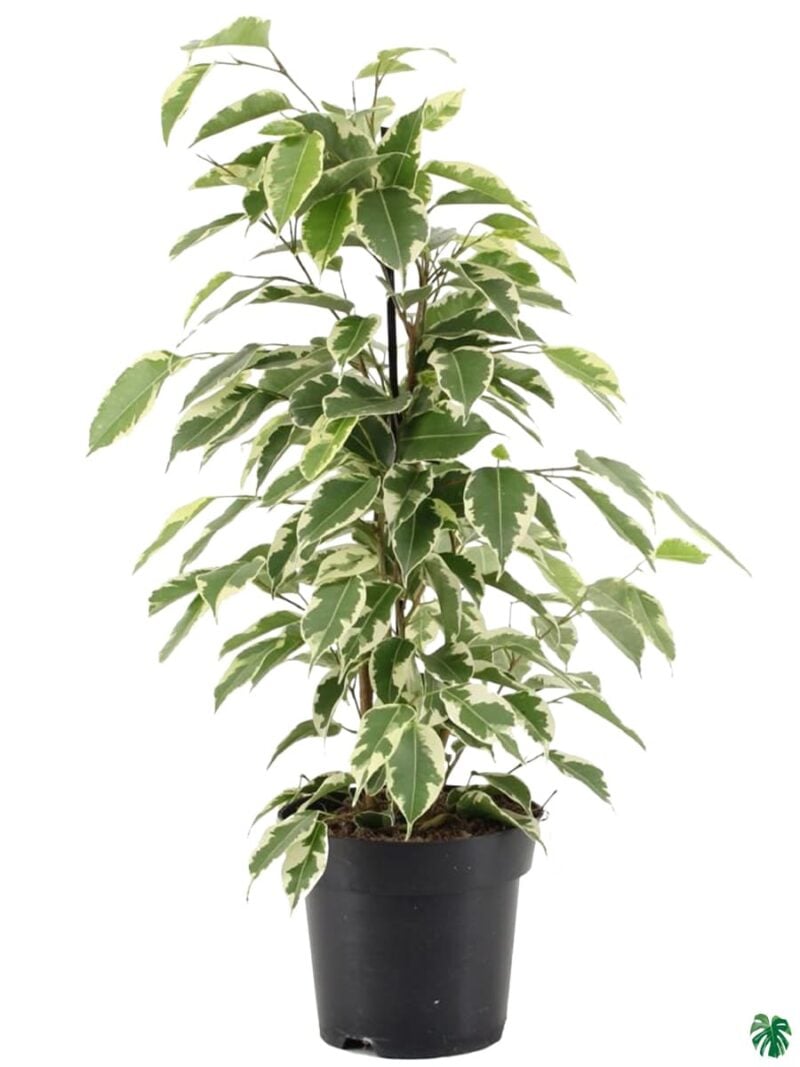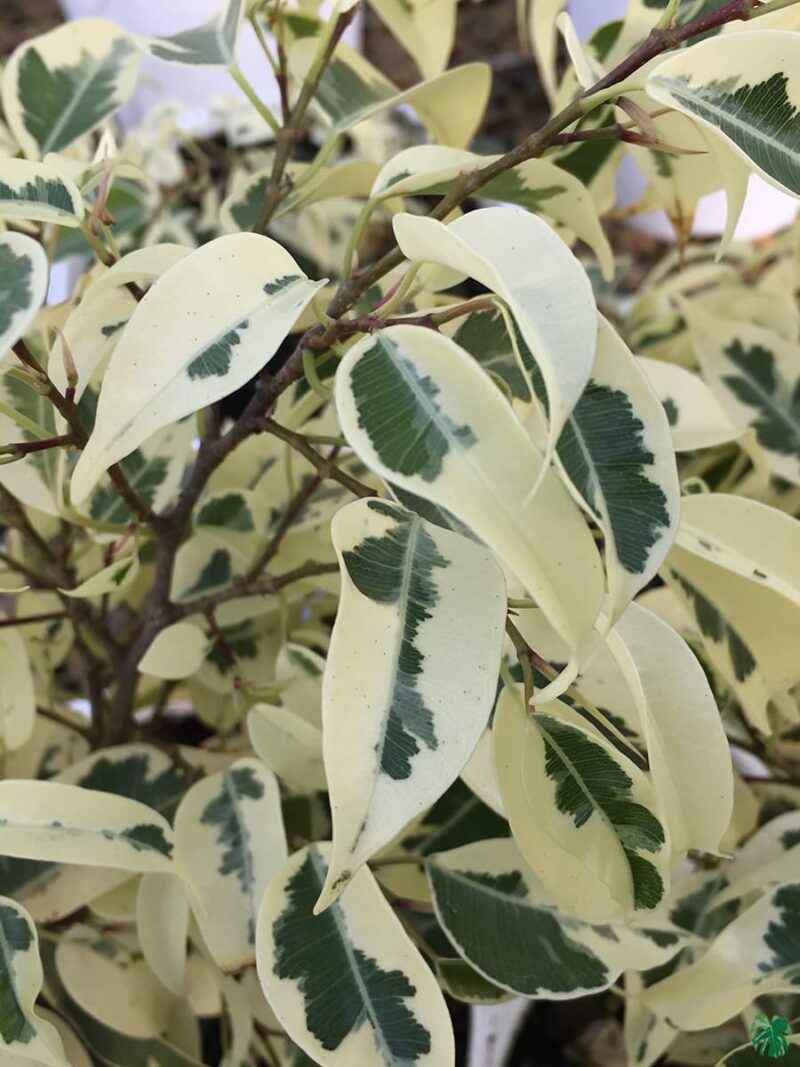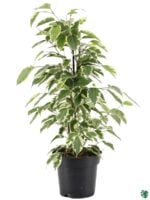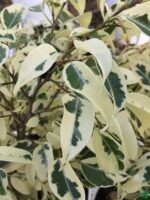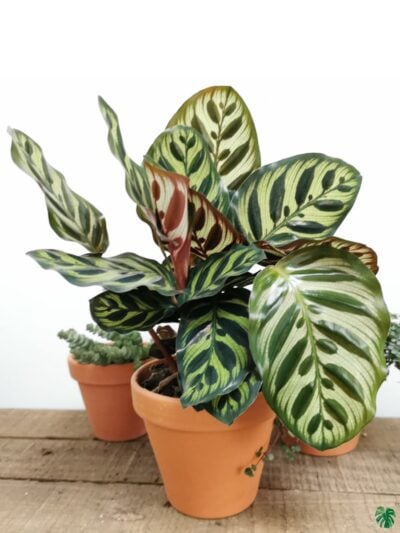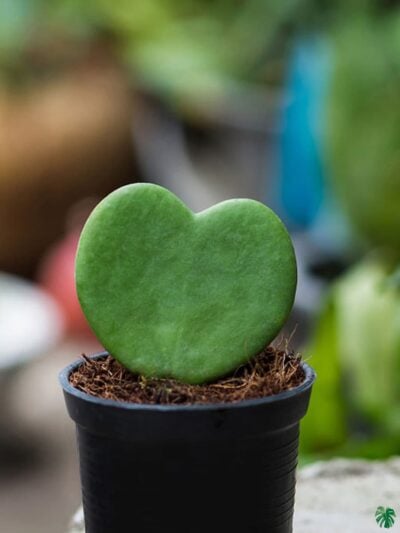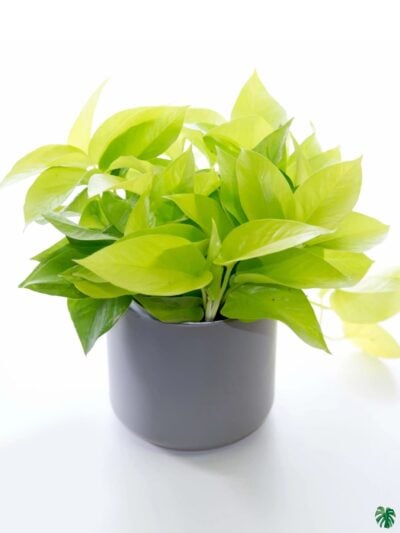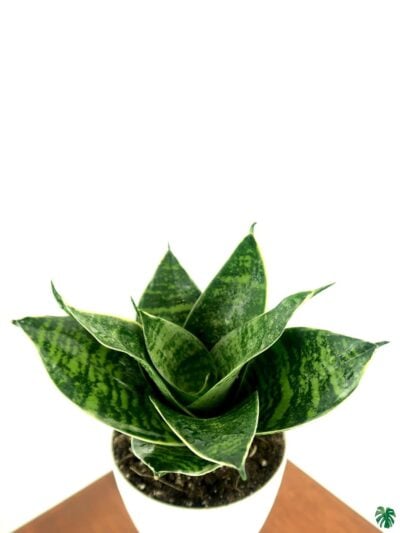Ficus Starlight
Variegated Weeping Fig
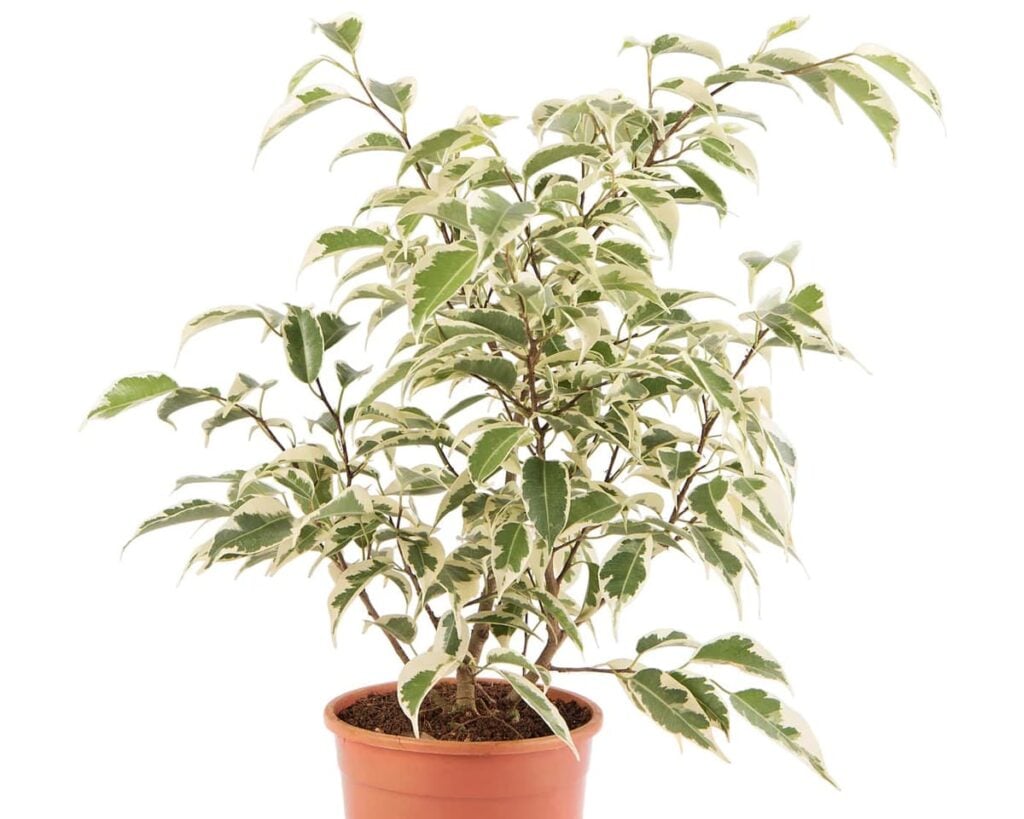
If you are looking for a true statement plant and are a lover of variegated leaves, then the Ficus Starlight is a true eye-catcher with its dainty almost wistful cream and dusky green mottled foliage and silver-grey branches.
The Ficus Starlight or Variegated Weeping Fig is a new variegated form of durable green Weeping Fig. Just like its green counterpart, Starlight prefers very bright indirect light. Keep evenly moist, but not wet or dry. Trim as needed. Left alone the Starlight Weeping Fig can reach 6 feet tall. It makes the perfect house plant.
Grown as a bonsai it has small, shiny dark green & cream leaves which are thicker than the standard focus leaf but thinner than a Jade leaf. It develops a thick trunk and aerial roots at a relatively early age. It’s very easy indoor care. The tree is one of the best of the focus for indoor and tropical bonsai. It is tough, durable and responds well to normal houseplant care.
Wherever you choose to place your Ficus Starlight, be it in your office or at home, know it will be working hard for by not only looking attractive but by cleaning your air as they are brilliant air purifiers removing high levels of household toxins and leaving your space jungle fresh.
Ficus is a pan-tropical genus of trees it can grows up to 14 to 22 inches in there tropical zone, shrubs and vines occupying a wide variety of ecological niches; most are evergreen, but some deciduous species are endemic to areas outside of the tropics and to higher elevations. Fig species are characterized by their unique inflorescence and distinctive pollination syndrome, which utilizes wasp species belonging to the Agaonidae family for pollination.
Most ficus bonsai trees can produce aerial roots in their natural habitat, which are often presented in appealing bonsai creations with many aerial root pillars or root over rock styles. To enable aerial root growth in our homes a humidity of nearly 100% must be achieved artificially.

